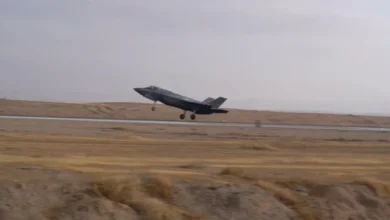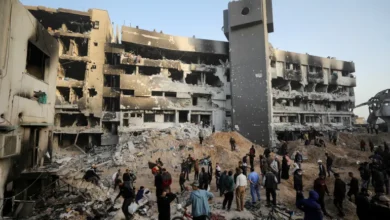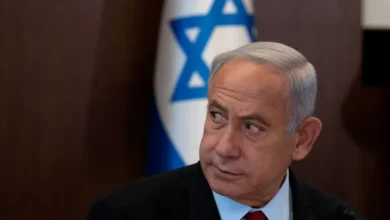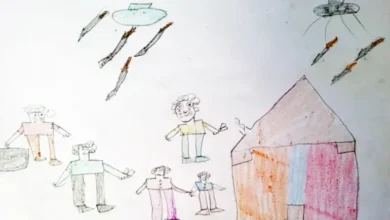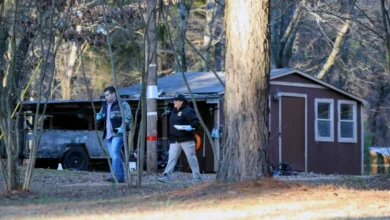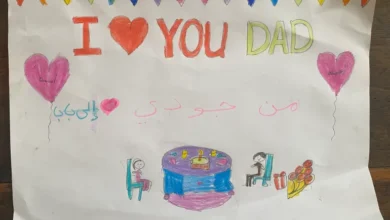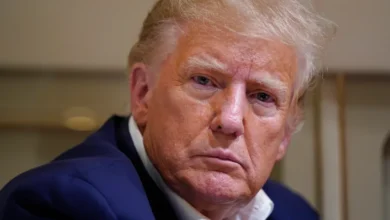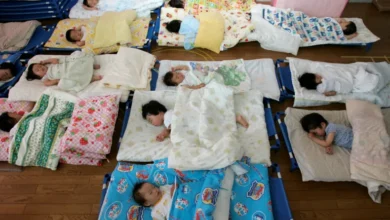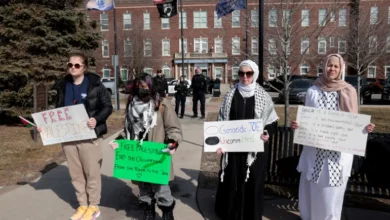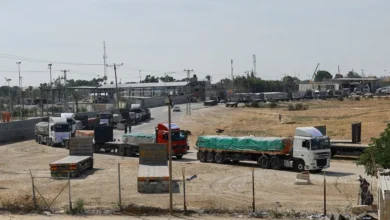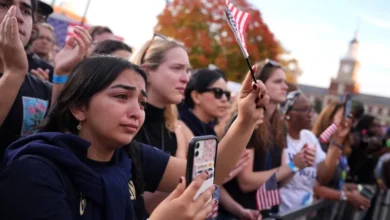After Gaza, ‘election madness’ is not the same on US campuses
Nazia Kazi
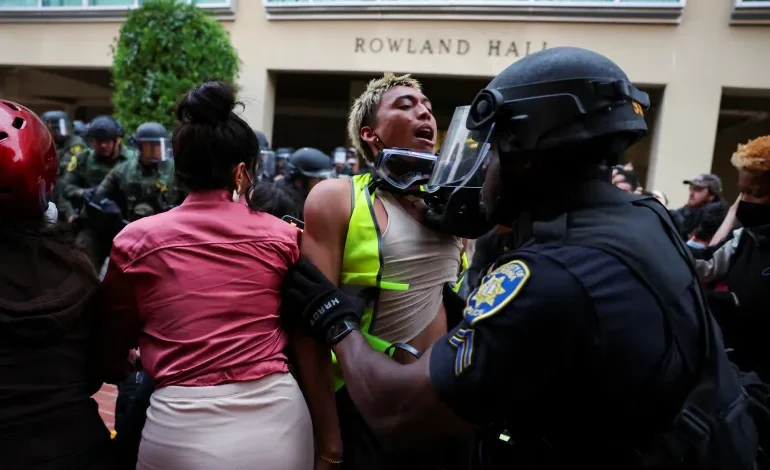
Nazia Kazi
This fall, United States campuses will be awash in what Howard Zinn called “election madness”. It will be a veritable cornerstone of campus culture. Universities will host debate viewing parties. Campus Republicans and Democrats will table in our student centres, squaring off to recruit members and organise campus events. Faculty will encourage students to attend electorally oriented campus programming. Voter registration drives will tout non-partisan motivations for encouraging student participation in the upcoming presidential race.
These students are no stranger to election madness. They have long been taught that ratifying the American system by voting is politics par excellence. Their K-12 classrooms were also imbued with this common sense. Voting, then: a hallowed civic duty. Alongside writing to elected officials, speaking at town hall events, or petitioning Congress, they have been taught that this is how to do politics in the US.
The core demand of America’s Gaza dissenters, an end to weapons shipments to Israel, is beyond the pale for America’s elected officials. It is not – and by the logic of American empire-building, can not – be on the ballot.
I’ve long researched American election cycles, specifically Muslim-American voting patterns. In my fieldwork, I’ve noted a similar frustration among politically conscious Muslims in the US. How does one participate in an election cycle when both sides guarantee eager expansion of US militarism and policing, war and surveillance? How, my fieldwork contacts have asked, does one ratify the bipartisan face of empire?
Today, countless college students face a similar come-to-Jesus moment. Once again, voting becomes “a multiple-choice test so narrow, so specious, that no self-respecting teacher would give it to students”, as Zinn said.
They perceive what Aijaz Ahmad has called liberalism’s “intimate embrace of the right wing”. They see hecklers at the Democratic National Convention booed and silenced; they see third-party enthusiasts shamed for eschewing the establishment candidates. They see the two major candidates both pushing their own tough-on-migrants border policy, neither side mentioning America’s devastation of the very countries from which people immigrate.
No wonder these students are defeated. They perceive little in the way of hope at the ballot box for Americans who wish to exercise political determination, and they’ve been taught that the ballot box was the locus of their political agency. To them, W E B Du Bois’ words ring true: “There is but one evil party with two names, and it will be elected despite all I can do or say.”
Today’s political climate gives a lie to the promise of “never again”. As the highest seats of power bankroll the greatest crime, young learners are profoundly alienated.
For critical educators, this moment poses both a remarkable challenge and a teachable moment.
On the one hand, we are left with the Herculean task of countering the American common sense, those platitudes about voting that we are spoon fed from the time we enter a social studies classroom: that people died for our right to vote, that punching in our ballots is a sanctified civic duty, that one of these two candidates must constitute a lesser evil.
On the other hand, we are given the chance to teach that rich history often left out of our curricula – one that shows how time and again, substantive change was not achieved at the ballot box, but by organised and educated masses making uncompromising demands from the ruling class. It is a chance to teach how the ballot box has, contrary to the common wisdom, become a disciplining tool, a bone thrown to an agitated public to quell its unrest, to push the facade of civic participation. It is a chance to undertake with our students a study of the confounding anti-democratic measures enshrined in American politics.
Educators are well aware that disrupting paradigms is a cornerstone of critical thought, that the rupture of a worldview provides fertile soil for transformative pedagogy. This moment has been a paradigm-disrupting one. For this, we must be prepared.
